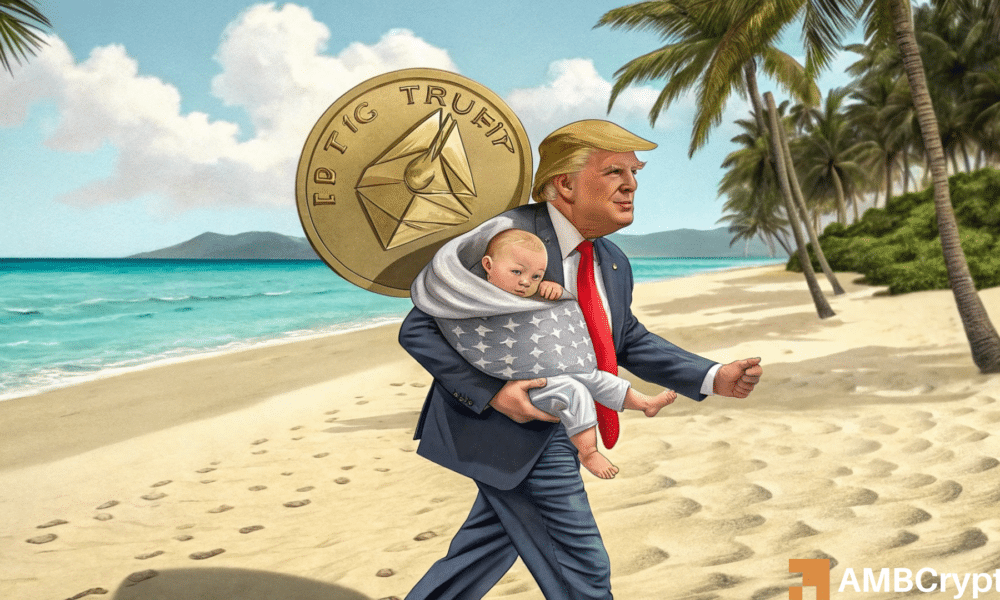Goldman Sachs CEO David Solomon’s Perspective on Bitcoin
Understanding Bitcoin as a Speculative Asset
Recently, Goldman Sachs CEO David Solomon made headlines by stating that he does not view Bitcoin as a threat to the U.S. dollar. Instead, he sees it as a speculative asset that investors can choose to dabble in. This perspective has sparked a debate within the financial community, with some applauding Solomon for his open-mindedness and others criticizing him for downplaying the significance of Bitcoin.
Unpacking Solomon’s Comments
While some may view Solomon’s comments as dismissive of Bitcoin, it is important to understand where he is coming from. As the head of one of the largest investment banks in the world, Solomon is keenly aware of the potential risks and rewards associated with different types of investments. In his view, Bitcoin falls into the category of high-risk, high-reward assets that are best suited for speculative investing rather than as a replacement for traditional currencies like the U.S. dollar.
But what does this mean for the average investor? Should you take Solomon’s advice and steer clear of Bitcoin, or is there merit in exploring this cryptocurrency as part of your investment portfolio? The answer ultimately depends on your risk tolerance, investment goals, and overall financial situation.
Effect on Individuals
For individual investors, Solomon’s comments may serve as a reminder to approach Bitcoin with caution. While the potential for significant gains is certainly enticing, the volatility and lack of regulation in the cryptocurrency market make it a risky proposition for those who are not well-versed in this area. If you are considering investing in Bitcoin or other cryptocurrencies, it is crucial to do your research, seek advice from financial experts, and only invest money that you can afford to lose.
Effect on the World
On a larger scale, Solomon’s perspective on Bitcoin highlights the ongoing debate surrounding the future of digital currencies and their impact on traditional financial systems. As more institutional investors and major corporations dip their toes into the world of cryptocurrencies, questions about regulation, stability, and security continue to loom large. The outcome of this debate could have far-reaching implications for global financial markets and the way we transact in the digital age.
Conclusion
In conclusion, Goldman Sachs CEO David Solomon’s view on Bitcoin as a speculative asset rather than a threat to the U.S. dollar sheds light on the complex nature of this cryptocurrency and its role in the financial world. As individuals weigh the risks and rewards of investing in Bitcoin, and the broader implications of digital currencies on the global stage, it is clear that the conversation around Bitcoin is far from over.





